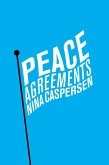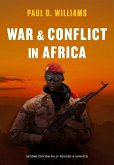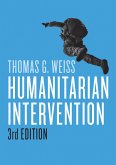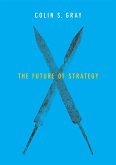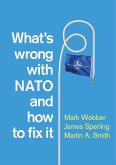Dieser Download kann aus rechtlichen Gründen nur mit Rechnungsadresse in A, B, BG, CY, CZ, D, DK, EW, E, FIN, F, GR, HR, H, IRL, I, LT, L, LR, M, NL, PL, P, R, S, SLO, SK ausgeliefert werden.
"The book provides a comprehensive and original analysis of peace processes. Brewer demonstrates the relevance of a sociological perspective in pointing to the centrality of communal violence and its structural context as well as the wider global context. His analysis of types of post-violence society is most interesting and rich in terms of its comparative content. The argument is nicely situated in the sociological tradition and is immensely readable. It will be an essential work of reference on post-violence societies and in peace processes." -- Gerard Delanty, University of Sussex
"John Brewer's book is a unique contribution to our understandings of peace- making, a path-breaking work of creative scholarship that sharply illuminates the complexly contradictory potentials for, and barriers to, pragmatic peace-making in the wake of war and communal violence. The innovative insights in this work will provoke important constructive discussion and policy debates for years to come, while also providing significant conceptual frameworks for peace activists around the world." -- John Brown Childs, University of California Santa Cruz



